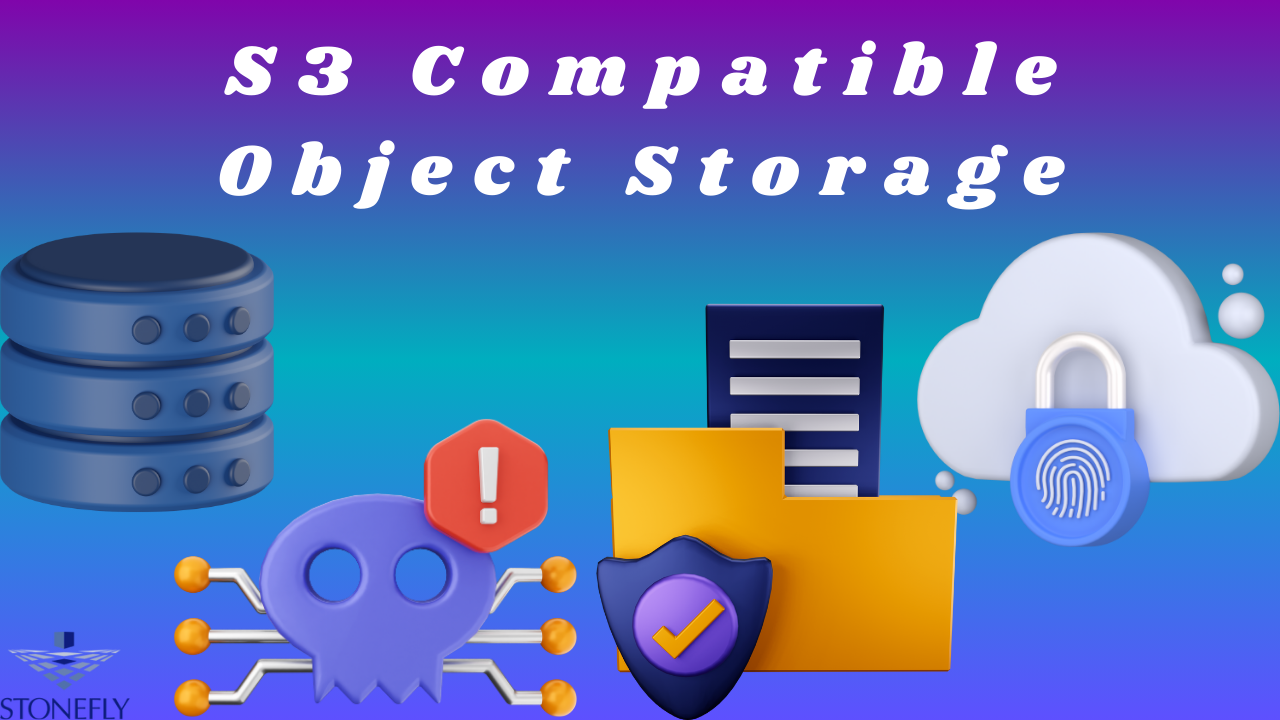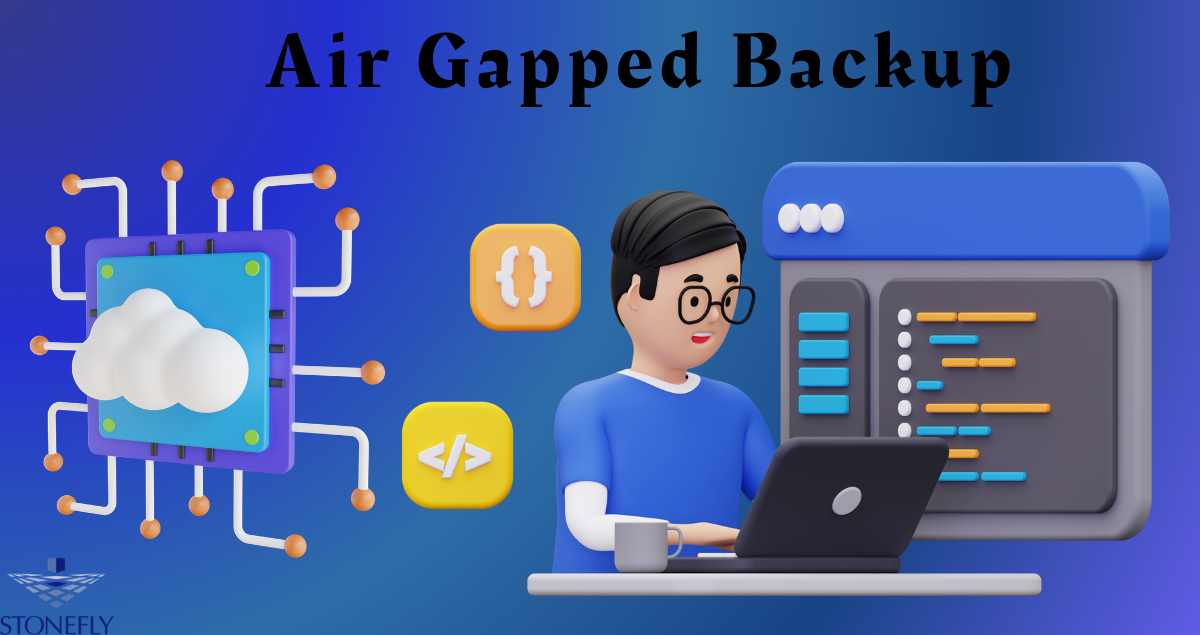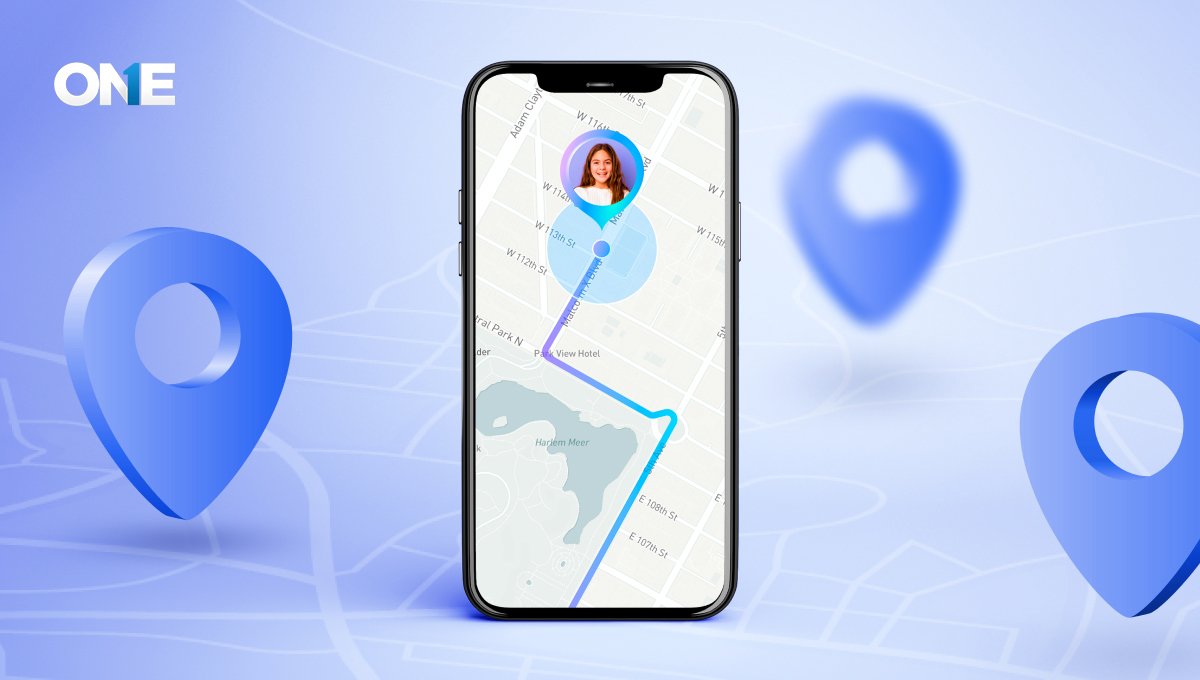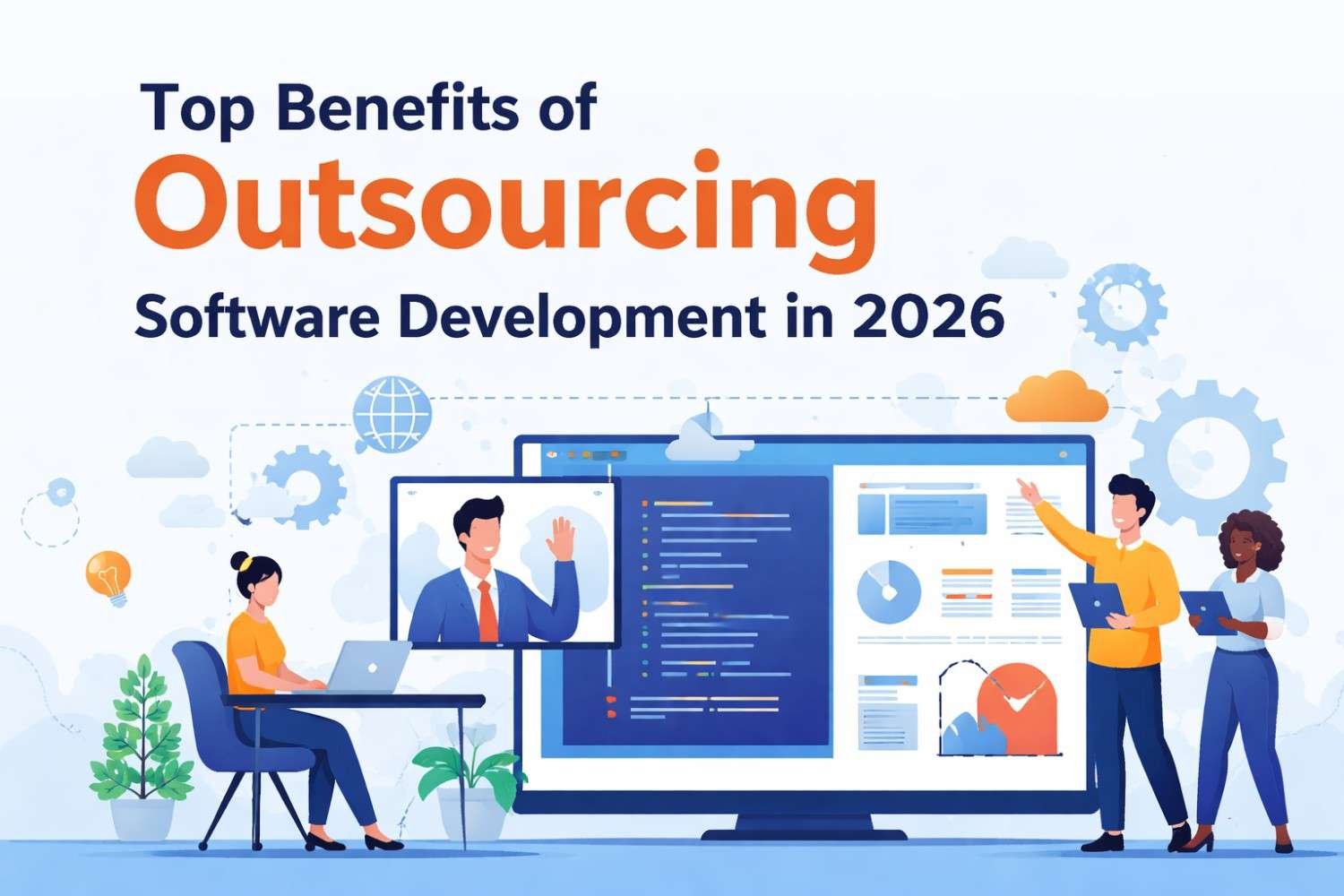Have you ever clicked the wrong button and accidentally formatted a disk or partition? It happens more often than you’d think, and the consequences can be devastating. In a matter of seconds, entire databases, projects, or personal files can vanish. That’s where backups step in as lifesavers, ensuring that even if you make a mistake, your data isn’t gone forever. One of the most reliable ways to shield against accidental formatting is by using S3 Compatible Object Storage, a solution built for resilience, scalability, and security.
In this article, we’ll explore how accidental formatting leads to data loss, why backups are critical, and how modern storage solutions can give you peace of mind.
The Hidden Risk of Accidental Formatting
Human Errors Are Inevitable
No matter how careful we are, mistakes happen. A simple misclick, confusing partitions, or rushing through disk management can lead to unintentional formatting. Unlike minor file deletions, formatting wipes out the file system structure, making recovery difficult without a proper backup strategy.
Formatting Doesn’t Mean Data Is Gone Forever
When you format a disk, the data isn’t instantly destroyed—it’s the index or mapping of the files that gets erased. But here’s the catch: once new data overwrites that space, recovery becomes nearly impossible. Without backups, you’re essentially rolling the dice with your digital assets.
Why Backups Are Your Best Line of Defense
Protection Against Irreversible Loss
Think of backups as a seatbelt. You may not need it every day, but the one time you do, it can save you. With a strong backup system in place, even accidental formatting doesn’t spell disaster. Instead of scrambling for recovery tools, you simply restore your data.
Peace of Mind for Businesses and Individuals
For businesses, losing data isn’t just inconvenient—it can mean downtime, compliance penalties, and loss of customer trust. For individuals, it can mean losing precious memories or critical documents. Backups ensure that no matter the situation, your files are safe.
How S3-Compatible Storage Provides Resilient Protection
Built for Data Durability
Solutions like S3 Compatible Object Storage are designed with redundancy and durability in mind. Your data isn’t stored in just one place; it’s spread across multiple nodes. This way, even if a local drive is formatted by accident, your backup remains intact and accessible.
Easy Scalability
Data grows fast—sometimes faster than expected. A solution that can scale without major infrastructure changes is essential. S3-compatible systems allow seamless scaling, meaning you don’t need to worry about running out of space for your backups.
Strong Security Measures
Backups aren’t just about keeping copies; they must also be secure. With encryption, access controls, and compliance-ready features, S3-compatible solutions make sure your sensitive data is safe from unauthorized access while still being recoverable when needed.
Real-Life Scenarios Where Accidental Formatting Strikes
IT Teams Under Pressure
System administrators often work under tight deadlines. In the middle of a migration or cleanup, it’s easy to select the wrong partition. Without a reliable backup, that single error can wipe out critical systems.
Small Businesses Without IT Support
Many small businesses don’t have a dedicated IT department. They might use local drives for storage, which are vulnerable to formatting mistakes. A single accident could jeopardize months of financial records, customer data, or inventory tracking.
Personal Devices and Home Offices
It’s not just businesses at risk. Freelancers, students, and everyday users often store everything on laptops or external drives. A mistaken format during system troubleshooting could erase entire projects, assignments, or personal archives.
Best Practices to Avoid Permanent Loss
Automate Backups
Manual backups are easy to forget. Automated schedules ensure that your data is consistently protected, no matter how busy you are.
Keep Multiple Backup Versions
One copy is never enough. Storing multiple versions helps in case a corrupted or incomplete backup gets saved.
Test Recovery Procedures
Backups aren’t useful if you don’t know how to restore them. Regularly test recovery steps to make sure your process is smooth and reliable.
Use Off-Site or Cloud Solutions
Local storage is still at risk if you accidentally Format the wrong disk. Off-site or object storage solutions keep your backups independent from the device you’re working on.
Why Object Storage Stands Out
Flexibility Across Use Cases
From enterprise data centers to personal backup solutions, S3 Compatible Object Storage can handle diverse needs. It doesn’t lock you into one structure; instead, it adapts to your workflow.
Cost-Effective Protection
Traditional storage can be expensive, especially when you need redundancy. Object storage offers a balance between affordability and reliability, making it accessible for organizations of all sizes.
Long-Term Reliability
Data isn’t just about today—it’s about tomorrow and years from now. Object storage provides long-term durability, ensuring that even if an accident happens, your history is preserved.
Conclusion
Accidental formatting is one of those “it won’t happen to me” problems—until it does. And when it does, the cost can be enormous, whether you’re running a business or simply storing personal data. Backups remain the most reliable shield against permanent data loss. By leveraging scalable, secure, and durable solutions like S3-compatible object storage, you can turn a potential disaster into a minor inconvenience. In today’s digital world, protecting your data isn’t optional—it’s essential.
FAQs
1. What happens if I accidentally format a disk without a backup?
Without a backup, recovery tools might retrieve some data, but the chances of complete recovery drop significantly, especially if new data overwrites the formatted space.
2. Can backups really restore all my data after formatting?
Yes, if your backup is recent and complete, you can restore your entire system or specific files after accidental formatting.
3. How often should I back up my data?
It depends on your usage. Businesses should back up at least daily, while individuals may opt for weekly schedules. The more critical the data, the more frequent the backup should be.
4. Why is object storage better than traditional storage for backups?
Object storage offers scalability, durability, and redundancy that traditional storage often lacks. It’s designed for long-term protection and easy recovery.
5. Is S3-compatible object storage suitable for personal use, or just businesses?
It’s suitable for both. Individuals can benefit from its affordability and reliability just as much as enterprises can.















Leave a Reply